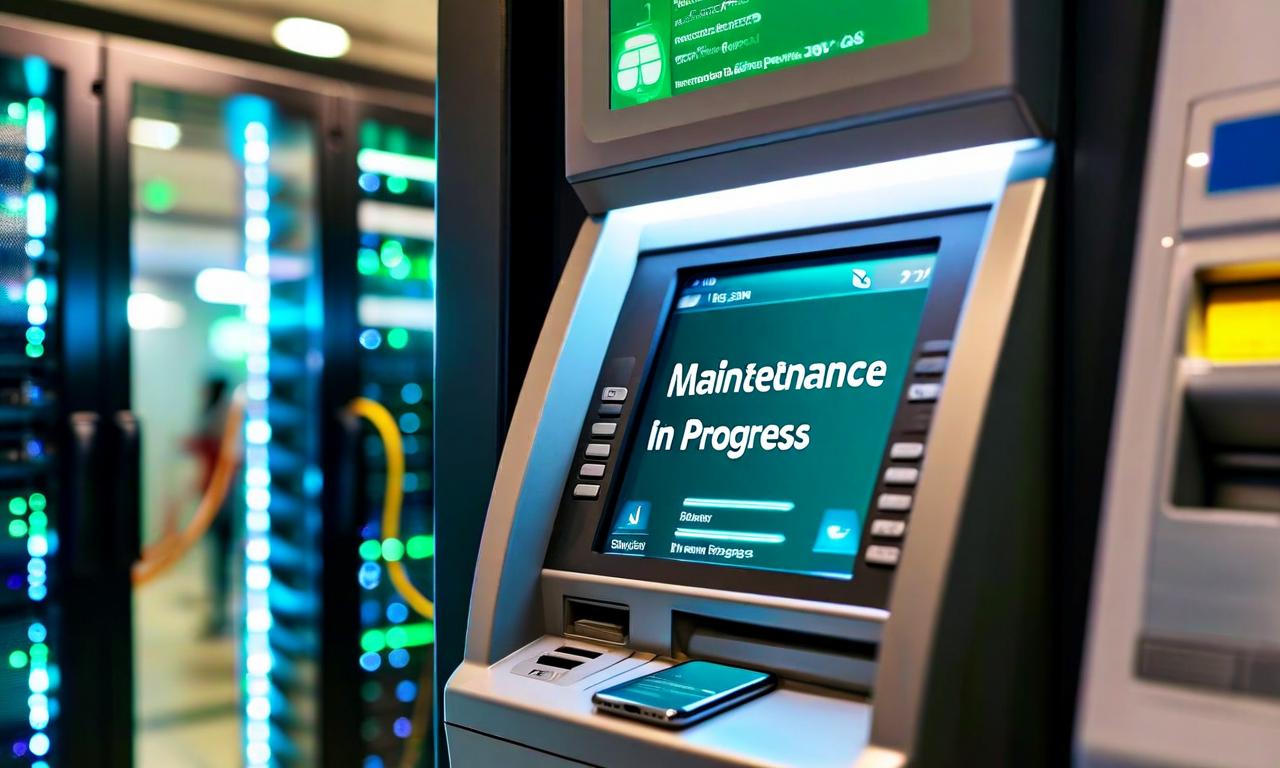RBI Economist Alleges Plagiarism in SBI Research Reports
An economist from the Reserve Bank of India (RBI) has accused State Bank of India (SBI) of plagiarizing content from RBI's Monetary Policy Reports in their Ecowrap research reports. RBI's Sarthak Gulati claims SBI copied paragraphs, charts, and presentation without proper attribution. SBI's research team denies the allegations, stating they use independent methodology, cite sources including RBI, and attribute similarities to common datasets. The dispute raises questions about originality standards, proper data attribution, and credibility in financial research.

*this image is generated using AI for illustrative purposes only.
A controversy has erupted in India's financial sector as an economist from the Reserve Bank of India (RBI) accuses State Bank of India (SBI) of plagiarizing research content. This dispute highlights the importance of intellectual property and proper attribution in economic research.
Allegations of Plagiarism
RBI economist Sarthak Gulati has raised serious allegations against SBI's research team, claiming that they copied sections from the central bank's Monetary Policy Reports (MPRs) without proper attribution. The accusations specifically target SBI's Ecowrap research reports from April and October.
Specific Instances
Gulati pointed out that the July edition of SBI's Ecowrap allegedly reproduced substantial portions of the RBI's April MPR. The similarities reportedly extend to paragraphs, charts, and overall presentation.
SBI's Response
SBI's research team, which includes members like Tapas Parida, has strongly refuted these allegations. They defend their work, stating:
- Their methodology is independent
- Similarities in economic research are natural due to common datasets
- They use publicly available data and cite sources, including the RBI
- Their analytical framework differs from the RBI's approach
Implications for Financial Research
This public dispute raises important questions about:
- The standards of originality in economic research
- The proper use and attribution of publicly available data
- The potential impact on the credibility of financial institutions' research outputs
As this situation unfolds, it may lead to broader discussions about research practices and ethics in India's financial sector.
Key Points of Contention
| Aspect | RBI's Claim | SBI's Defense |
|---|---|---|
| Content Similarity | Paragraphs and charts copied from MPRs | Similarities due to common datasets |
| Attribution | Proper credit not given | Sources, including RBI, are cited |
| Methodology | Presentation replicated | Independent analytical framework |
| Data Source | - | Use of publicly available data |
This dispute underscores the need for clear guidelines and practices in economic research to maintain integrity and trust in financial institutions' publications.
Historical Stock Returns for State Bank of India
| 1 Day | 5 Days | 1 Month | 6 Months | 1 Year | 5 Years |
|---|---|---|---|---|---|
| -0.37% | +1.26% | +18.82% | +49.87% | +70.76% | +209.23% |




































